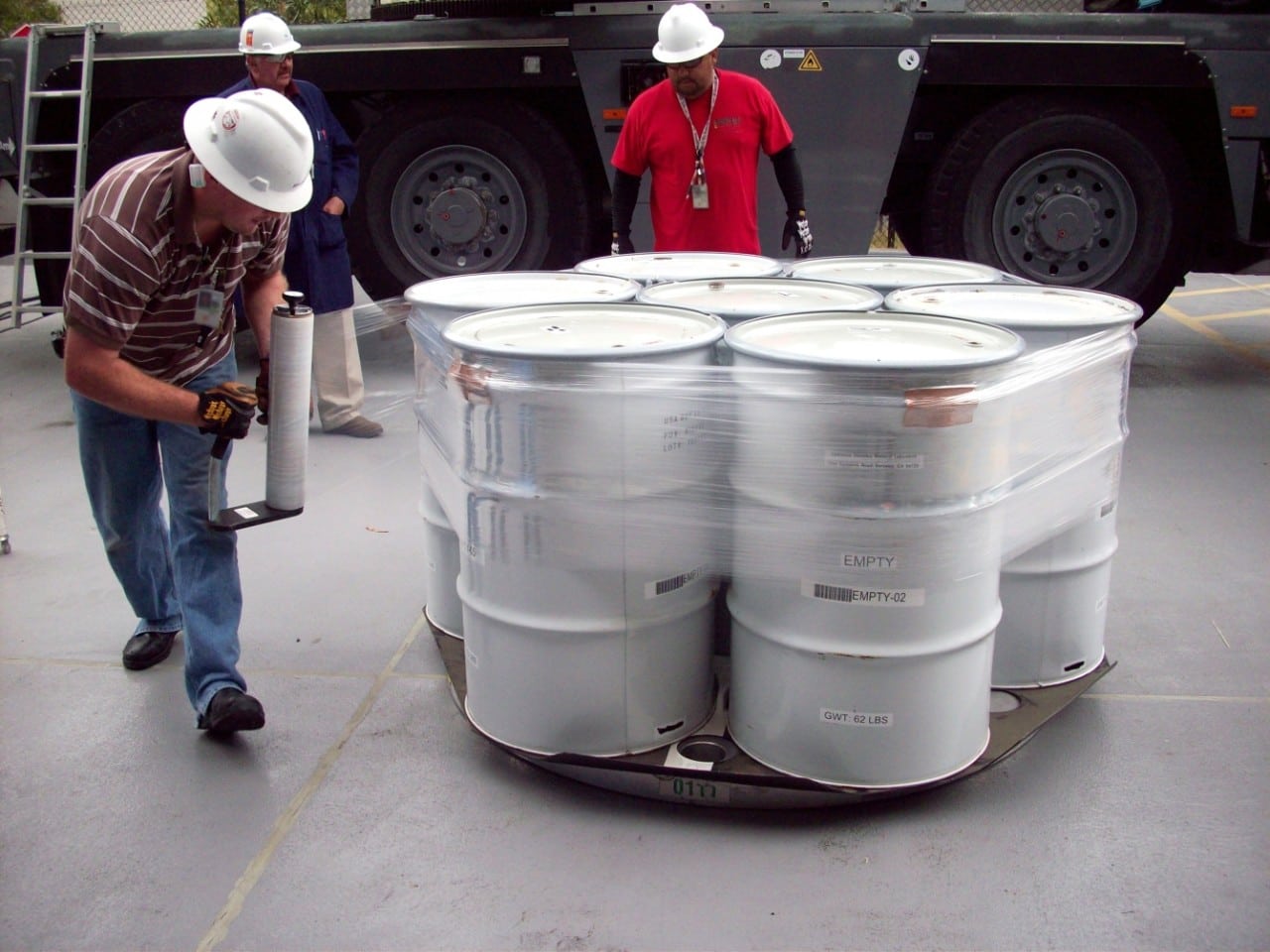
The Department of Energy this week rolled out the request for proposals for its much-anticipated long-term management and operations contract for the Waste Isolation Pilot Plant near Carlsbad, N.M., which between legacy cleanup obligations and national security work figures to be more in demand than ever over the next decade.
The final request for proposals (RFP) is for up to 10 years, starting with a four-year base followed by six one-year options, the DOE Office of Environmental Management said in a press release. The deal could be worth around $3 billion.
The eventual winner would replace Nuclear Waste Partnership, a joint venture made up of Amentum and BWX Technologies, which has Orano as a key subcontractor.
Parents of the incumbent declined to say whether they’d pursue the follow-on, either separately or as an encore of the current partnership.
“It is our policy not to comment on business development opportunities,” Amentum spokesman Keith Wood said in an email when asked if the company anticipates competing in the solicitation. BWXT spokesman Jud Simmons also declined comment.
Nuclear Waste Partnership is in the latter stages of a nine-year, $2.7-billion contract scheduled to sunset on Sept. 30, which would point toward a likely extension of the incumbent while the solicitation plays out. The contract will also include a 90-day transition period.
Proposals are due by July 19, according to the cover letter for the RFP. Questions on the document are due by 11:59 p.m. Eastern Time on June 12 (which is a Saturday) and should be emailed to [email protected].
The DOE’s Environmental Management Consolidated Business Center will then answer the questions online although the questioners will not be identified. The DOE contracting officer for the solicitation is John Blecher.
The prime contractor will also be required to assign at least 20% of the annual contract value to small business, according to the special contract requirements. The same section also stipulates that subcontractors brought in after the prime contract is awarded, “shall be acquired through competitive procurements, to the extent required, with an emphasis on fixed-price subcontracts to the extent practicable.”
Earlier this year, the DOE’s recent emphasis on competitive bidding for subcontractors outside of the prime’s team caught some in the small business community around the Hanford Site in Washington state off-guard.
The DOE started its market research on the new RFP in August 2020.
Meanwhile, the New Mexico Environment Department (NMED) is still reviewing DOE’s latest request to extend its state-issued permit to operate WIPP. The agency wants to emplace waste at the mine until around 2050 and needs New Mexico’s approval to do so. The current permit envisioned disposal stopping in 2024 with final closure in 2034. Some citizen groups in the state are adamantly opposed to what they dub the “Forever WIPP” plan.
During an interview this week with Weapons Complex Monitor, NMED Sectary James Kenney declined comment. “I’m a decision maker on that permit or any permanent modifications. So for me to speak to that, while we’re in the midst of petition hearings would be theoretically an ex parte conversation, or your question could bias my decision making.”
WIPP is the nation’s only underground disposal site for defense-related transuranic waste. In addition to coordinating with DOE-approved generators of this waste to ensure shipments meet WIPP criteria, the prime contractor must also work with other contractors and oversee major infrastructure subcontracts, such as one for the Safety Significant Confined Ventilation System.
The ventilation system is meant to provide 540,000 cubic feet per minute of air to underground workers, allowing WIPP personnel to once again mine out new disposal areas while simultaneously emplacing waste in existing disposal panels.
The new ventilation system is central to DOE’s plans to return to full productivity by being able to receive 700 or more shipments per year as it did prior to 2014. In February 2014 an underground radiation leak contaminated part of the salt mine and would force the facility out of service for about three years. During 2018, WIPP’s best year since reopening in 2017, it only received 311 shipments, according to WIPP’s public website.
Staff Reporter Benjamin S. Weiss contributed to this story from Washington.